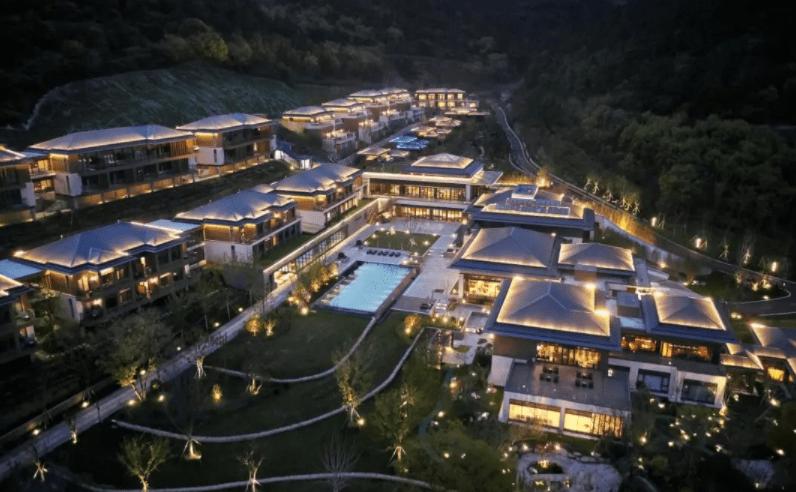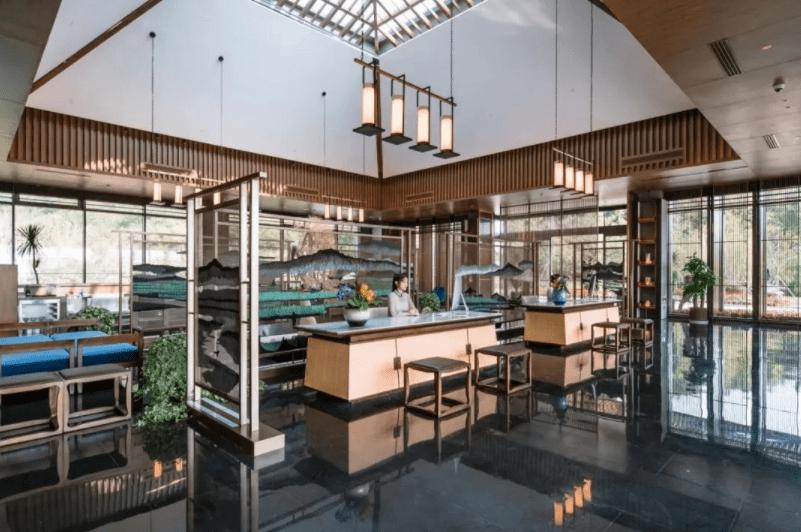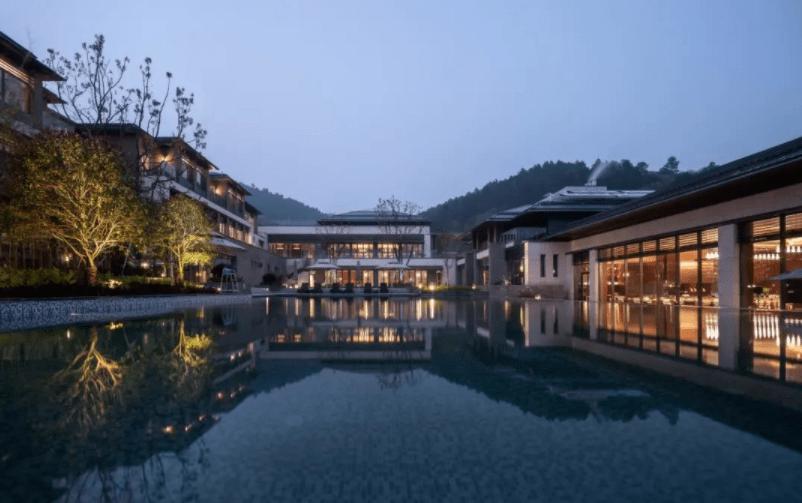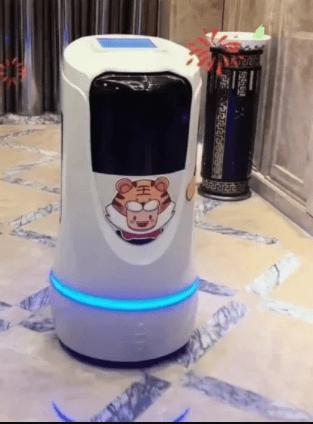
As a long-established hotel company in Hong Kong, Gloria Hotels has deeply cultivated the hotel market for nearly 30 years. Since its establishment in 1992, it has expanded to many provinces and cities throughout China. Whether in the southeast, northwest, or any other region of China, you can always see the presence of this well-established hotel.
Considering the economic development status of the market, the gradual increase in consumer spending levels, and the transformation of the customer base towards younger generations,Gloria Hotel has been constantly trying to introduce some more advanced mainstream products in its development process.

Through strategic allocation, hotels use serving robots during off-peak hours to capture consumers' attention while providing convenient and worry-free touchless services, adding the finishing touch to the guest experience.
During peak periods with high customer traffic or demand, the hotel maintains the use of human services, ensuring a commitment to quality service standards.
In off-peak hours, hotels leverage service robots to attract consumer attention and offer convenient and hassle-free touchless services, enhancing the overall guest experience. However, during peak periods with increased customer flow or demand, the hotel adheres to human services, ensuring a commitment to top-quality service standards.
This seamless transition between human and robotic services demonstrates the hotel's commitment to adaptability and excellence in meeting consumer needs. The use of service robots not only provides innovative solutions but also creates new value in the evolving landscape of hospitality services.
Creativity is an indispensable part of the hotel's innovation process. Only by continuously introducing novel products can hotels meet the diverse needs of different customer segments, including families, business travelers, leisure seekers, and couples, thereby fulfilling consumer psychological expectations of hotels.

Behind these new demands, there is a need for certain digital technologies to empower them. The introduction of intelligent servicing robots is one of the most important decisions made by Gloria Hotels in recent years.
During its long period of operation, Glroia Hotels observed that many young people seeking private spaces were not fond of frequent interactions with service staff when they had specific needs. The emergence of serving robots perfectly caters to the preferences of this customer segment.
Moreover, serving robots have a clear advantage in that they can operate without time constraints, providing services to hotel guests or delivering takeout 24hours. They also offer container-based mini-program shopping services, seamlessly integrating with the hotel staff's workflow.
Gloria Hotel in Benxi is a theme hotel with the terminal as its core. As a trendy theme hotel, Gloria Hotel in Benxi places greater emphasis on room sales. After deemphasizing the restaurant function, the serving robot's operational scope becomes more extensive, resulting in more apparent applications and effects.
With the assistance of serving robots, employee efficiency at the hotel has significantly improved.
The hotel aims to have serving robots serve as a workforce capable of handling repetitive and tedious tasks, allowing other employees to engage in more meaningful activities or enhance the value of service experiences with customers. This approach aims to provide employees with a greater sense of achievement, thus creating new value for the hotel.
Intelligent facilities and equipment are a crucial part of the ongoing comprehensive digitization in society. For the traditional hotel industry, this is driving the restructuring of hotels to create new service agreements that align with guest expectations.
From the early conceptual appearance of hotel robots to their practical application in hotel scenarios, servicing robots have effectively unleashed the potential of manual services, enhancing the role of hotel staff.

The integration of digital and physical elements in hotel serving robots has become an inseparable part of the hotel industry. Its emergence has strongly propelled the digital transformation of the hotel industry, helping hotels strengthen their competitiveness, enhance management and service efficiency, and prevent the digital transformation of hotels from being merely an abstract concept.

For Gloria Hotels, using digital systems to integrate processes and establish new service mechanisms has not only led to the creation of new rules for the hotel but has also, through serving robots as digital terminals, contributed to the efficiency gains and dual improvement of customer satisfaction for the hotel's physical economy.
Over time, the functionalities of hotel robots will gradually expand, encompassing not only the role of efficiently assisting hotel staff but also progressively assisting or even replacing certain relevant departments' tasks.